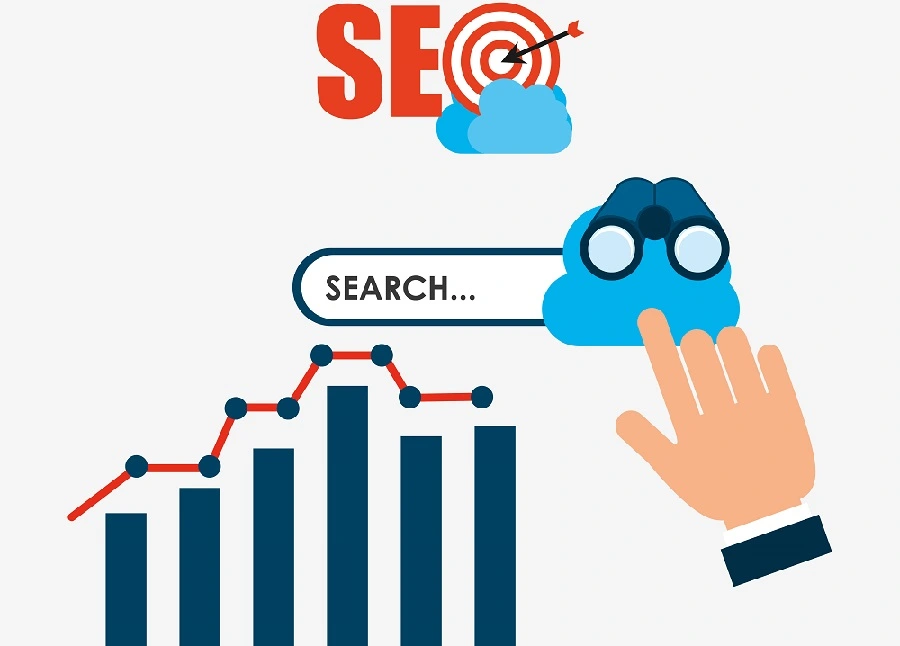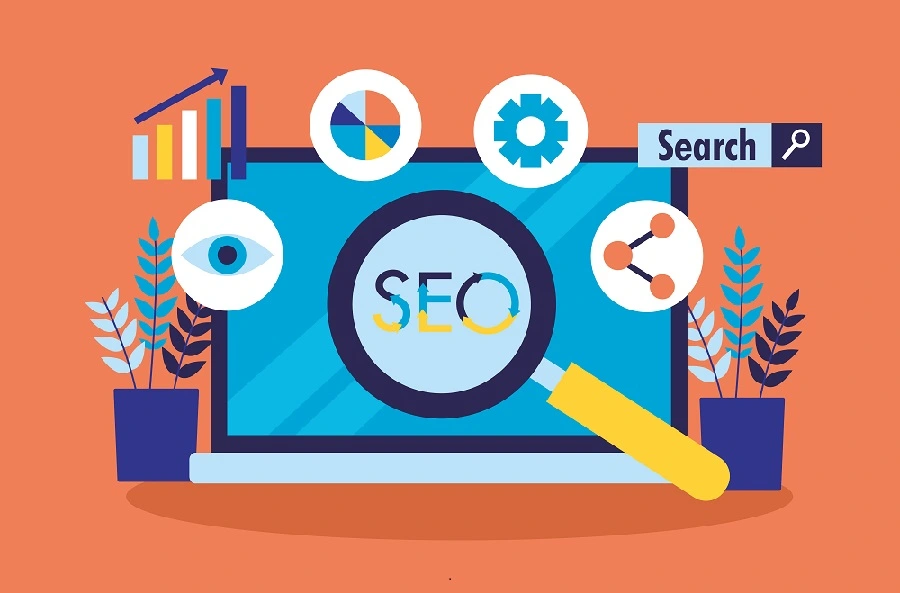
In the realm of digital marketing, where every millisecond counts, page speed has emerged as a pivotal factor influencing a website’s search engine rankings. As users demand faster access to information, search engines like Google have adapted their algorithms to prioritize websites that deliver swift and seamless experiences. Understanding the impact of page speed on SEO rankings is crucial for any website owner or marketer looking to improve their online visibility and performance.
What is Page Speed?
Page speed refers to the time it takes for a webpage to load fully. It encompasses various elements such as server response time, file sizes, and the efficiency of code. Essentially, faster page speeds result in quicker loading times, while slower speeds can frustrate users and negatively impact their experience.
Why Page Speed Matters for SEO
- Enhanced User Experience
The primary reason page speed matters for SEO is its significant impact on user experience. Research has shown that users tend to abandon websites that take too long to load. Even a delay of just a few seconds can lead to increased bounce rates and decreased engagement. By ensuring fast page speeds, websites can provide users with a smoother and more enjoyable browsing experience, leading to higher retention rates and increased user satisfaction.
- Search Engine Rankings
Search engines, particularly Google, consider user experience as a key ranking factor. In fact, Google officially announced in 2010 that page speed would be a factor in its search ranking algorithms. Since then, its importance has only grown. Websites with faster page speeds are more likely to rank higher in search results, driving more organic traffic and ultimately improving their visibility and reach.
- Mobile-Friendly Optimization
With the prevalence of mobile devices for browsing the internet, optimizing for mobile has become imperative for SEO success. Mobile users often encounter slower internet connections, making page speed even more critical. Google’s emphasis on mobile-first indexing means that websites with fast-loading mobile pages are more likely to rank well in search results, further emphasizing the importance of page speed optimization.
Factors Affecting Page Speed
Several factors can impact a website’s page speed, and understanding these elements is essential for optimization.
- Server Response Time
The time it takes for a server to respond to a request can significantly affect page speed. Optimizing server performance and choosing a reliable hosting provider can help reduce server response times and improve overall page speed.
- File Sizes and Compression
Large files, such as images and videos, can slow down page loading times. Compressing these files and using efficient file formats can help reduce their size without compromising quality, resulting in faster load times.
- Code Efficiency
The efficiency of a website’s code also plays a crucial role in page speed. Bloated or poorly optimized code can slow down loading times. Optimizing HTML, CSS, and JavaScript files by removing unnecessary characters and reducing file sizes can improve page speed significantly.
- Browser Caching
Browser caching allows frequently accessed resources to be stored locally on a user’s device, reducing the need to download them again. Configuring browser caching settings can help improve page speed for returning visitors.
Tools for Measuring and Improving Page Speed
Several tools are available to help website owners measure and improve their page speed performance.
- Google PageSpeed Insights
Google’s PageSpeed Insights provides detailed reports on a website’s performance and offers suggestions for improvement. It evaluates both mobile and desktop versions of a site and provides actionable recommendations for optimizing page speed.
- GTmetrix
GTmetrix analyzes a website’s performance and provides insights into various factors affecting page speed. It offers practical recommendations for optimizing file sizes, reducing server response times, and improving overall page speed.
- WebPageTest
WebPageTest allows users to test their website’s performance from multiple locations around the world using real browsers. It provides detailed reports, including waterfall charts and optimization tips, to help website owners identify and address performance issues.
You will be Interested on : SEO Outsourcing Company
Strategies for Improving Page Speed
Optimizing page speed requires a combination of technical and strategic approaches. Here are some effective strategies:
- Optimize Images
Compressing images and using the correct file formats can significantly reduce file sizes and improve page loading times. Tools like Adobe Photoshop and online image compressors can help optimize images for the web.
- Enable Compression
Enabling compression, such as Gzip, can reduce the size of CSS, JavaScript, and HTML files, resulting in faster page loading times. Most web servers support Gzip compression, and enabling it is relatively straightforward.
- Minimize HTTP Requests
Reducing the number of HTTP requests required to load a webpage can improve page speed. Combining files, such as CSS and JavaScript, and minimizing the use of external resources can help minimize HTTP requests and improve overall performance.
- Use Content Delivery Networks (CDNs)
CDNs distribute website content across multiple servers worldwide, reducing the physical distance between users and servers and improving page load times. Using a CDN can help ensure fast and reliable access to website content for users around the globe.

Conclusion
In conclusion, page speed plays a crucial role in determining a website’s search engine rankings and overall success. By prioritizing page speed optimization, website owners can provide users with a better experience, improve their search engine rankings, and ultimately drive more traffic and conversions. With the right tools, strategies, and attention to detail, improving page speed is achievable for any website, leading to tangible benefits in terms of SEO performance and user satisfaction.
